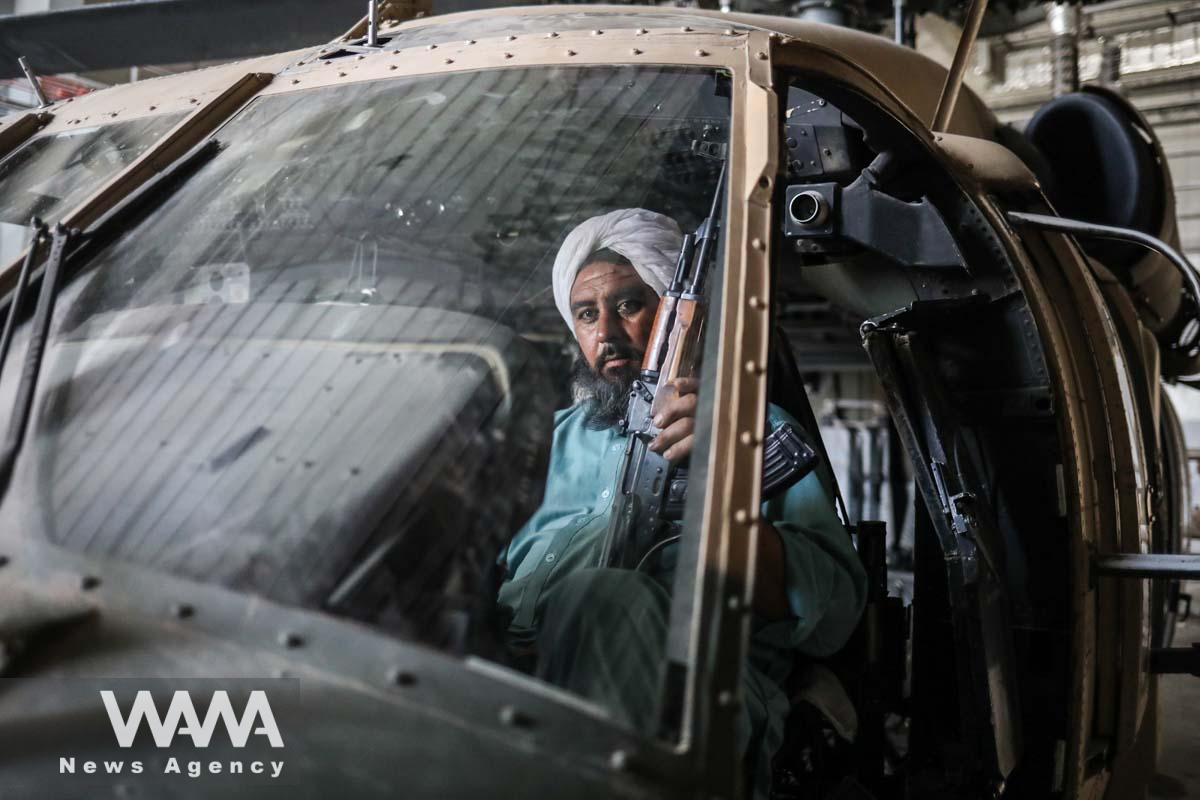Border crisis management with Iranian strategy
WANA (May 31) – Since last week, the news of military tensions on the border of Iran and Afghanistan has become the media headlines. Pictures of these clashes and the announcement of the border guards being killed and injured on both sides intensified the issue.
Tehran never considered the Taliban a reasonable and desirable neighbor and still does not. What happened in the past months between the two countries on various issues made the politicians of Iran hesitate more than before regarding the way to interact with the interim government in Afghanistan.
Throughout this period, experts and politicians from both countries presented various analyses. However, several questions and issues still require more time for discovery and understanding.
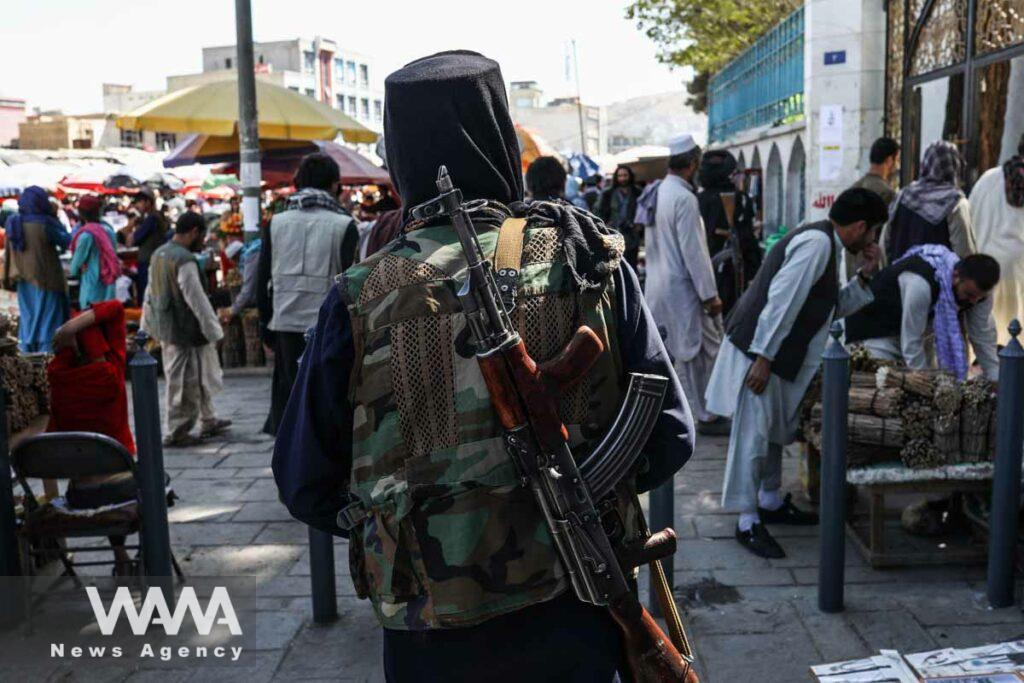
Taliban, Kabul, Afghanistan / WANA News Agency
Where will the future of Iran-Taliban relations end? What is the hidden role of the West, especially the United States, in the recent adventures of the Taliban? Are the Zionists participating in this dangerous game? Why are the reformists and opponents of the Islamic Republic so eager to provoke the government to enter the war with the Taliban?
There is a belief among specific individuals that the current border conflicts result from tension over water and rhetoric between Iranian authorities and the Afghan ruling body concerning Hirmand’s water rights. This theory is based on the President of Iran’s warning about the Taliban.
Ebrahim Raisi said on the sidelines of the opening ceremony of an industrial project in Sistan and Baluchistan province, “I warn the rulers of Afghanistan to give the people of Sistan and Baluchistan the water right.” Raisi said.
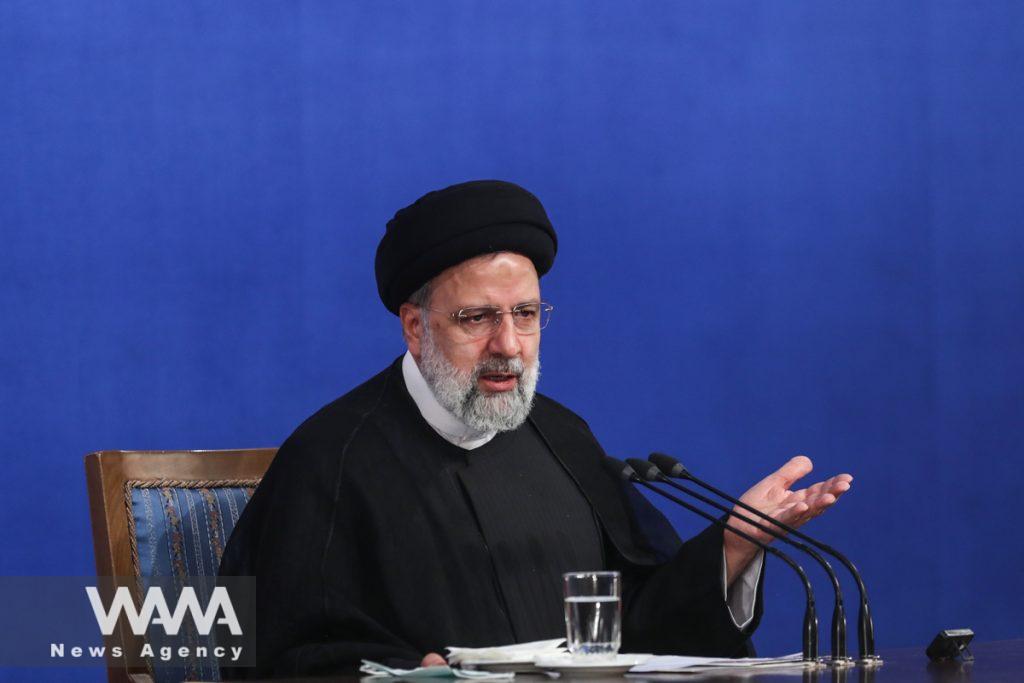
Iran’s President Ebrahim Raisi speaks during a news conference in Tehran, Iran August 29, 2022. Majid Asgaripour/WANA (West Asia News Agency)
The president of Iran rarely gets enraged in speeches or speaks with harsh and threatening language. Dr. Raisi’s transparent complaint and direct warning that the Taliban ignores its international obligations and neighborly manners did not go well with some in Kabul.
In the middle of the discussion about Iran’s share of the Hirmand River water, the news of the border conflict and the killing and wounding of the border guards of Iran and Afghanistan came to the media. Both sides accused each other of violating border laws.
The official and unofficial outlets of the two countries were filled with wrong information and analysis about what happened at the borders. The supporters of the Taliban, who often did not have an official or high position in the government, invited Iranians to violent struggle, that is, war, on Twitter and other media platforms.

The online rhetoric of Taliban supporters proved to be short-lived. Many who previously mocked the Iranian president and threatened Iranians with attacks turned out to have little influence within the Taliban’s political and security system.
The Taliban sent a message to Tehran that they don’t want to increase tensions by listening to the threats in cyberspace, those who were looking to improve the differences between the two countries.
Abdul Hamid Khorasani, the governor of Ahmad Abay of Paktia province in Afghanistan, announced in his last Twitter post that he was ready for conflict with Afghanistan’s neighbors. He has now been removed from his position.

In Iran, the media environment was different. Most of the supporters of the Iranian government did not want a sharp reaction to Afghanistan due to the recent events. The conservatives suggest resolving conflicts through dialogue, but on the other hand, most of the reformists and opponents of the Islamic Republic of Iran have tried hard to encourage the government to enter into a full-scale war with its eastern neighbor.
In the fairest case, the reformers wanted severe punishment to the extent of closing the borders, preventing sending of supplies, food, and fuel, and blocking any trade with Afghans.
Why some reformist leaders and the majority of the opposition outside of Iran want to press the government to start a war has nothing to do with their Iranian patriotism and zeal. They believe any war can weaken the established system and disintegrate the economy, thus overthrowing the government in a shorter time.
Regarding the border conflict, Tehran has reported challenges such as illegal entry attempts by Taliban armed groups and drug smuggling. However, the Taliban has not yet released any report regarding the event.
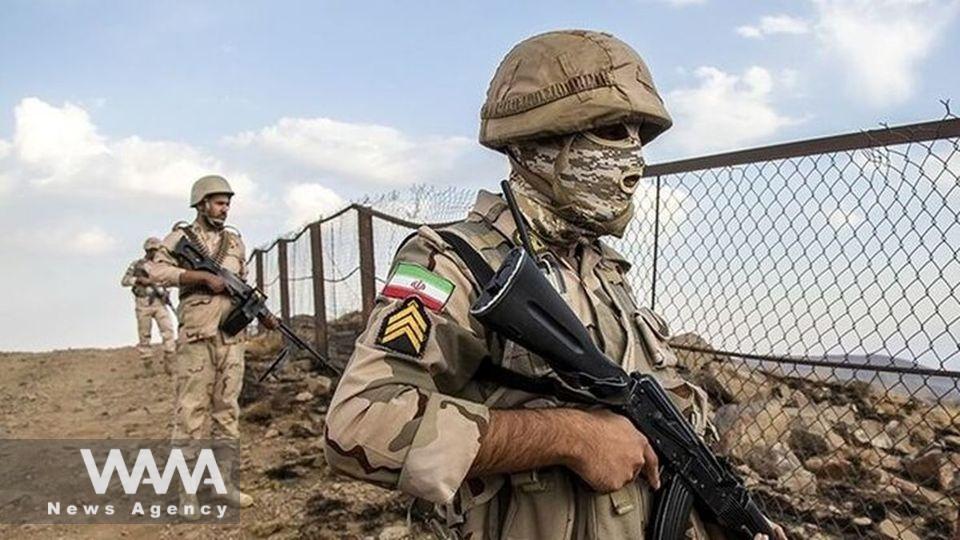
The Iranian government is seeking a peaceful solution to the recent clashes between the two countries by sending political and military officials to the region and Kabul.
Tehran believes that war is never a good solution to resolve the differences between Iran and Afghanistan. Iran’s Interior Minister Vahidi said, “We are interacting with the rulers of Afghanistan, and any discrepancies between us should be resolved through dialogue.”
Contrary to what the anti-Iranian media say about the intense tension between Iran and Afghanistan, the situation not only on the border but also in the diplomatic interactions between the political officials of the two countries is calm and based on mutual respect.
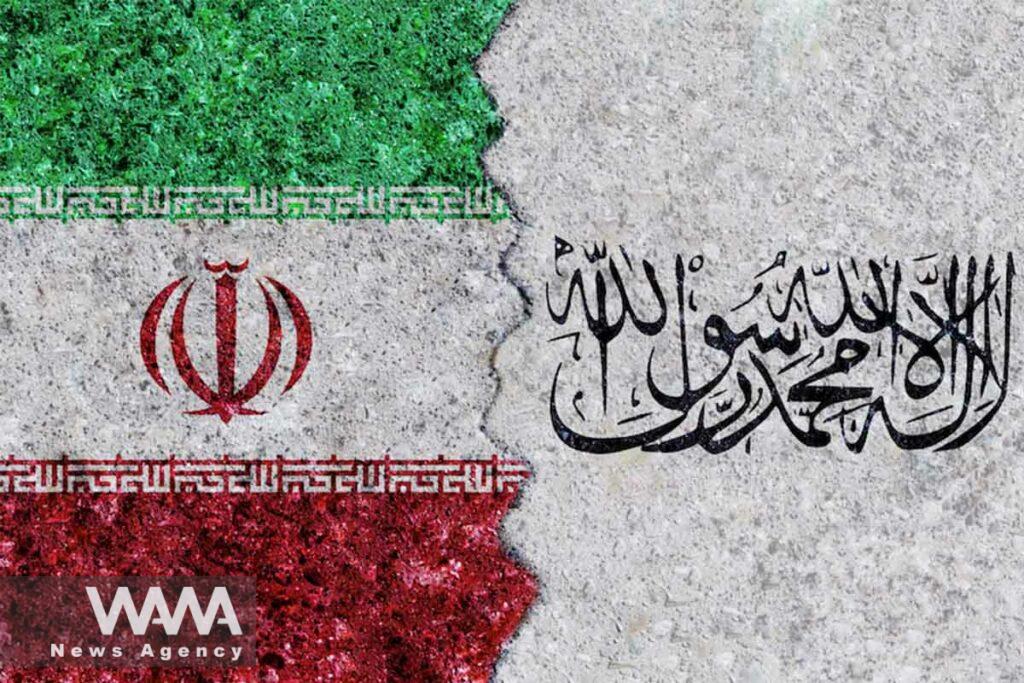
“The Taliban of Afghanistan never wants to affect its relations with its neighbors, and following Islamic principles, we do not take any steps to trample on our neighbor’s rights, i.e., Iran. The Taliban appreciates the generous hospitality of the Islamic Republic of Iran in sheltering immigrants and refugees. It is Afghanistan, and we will never forget the beneficence of our Iranian brothers.” These statements are related to Mawlawi Sardar Shakib Ahmed, the representative of the Taliban in Pakistan.
Living with various crises during the past forty-four years has empowered Iranian politicians so much that they can accurately manage such a simple issue.

